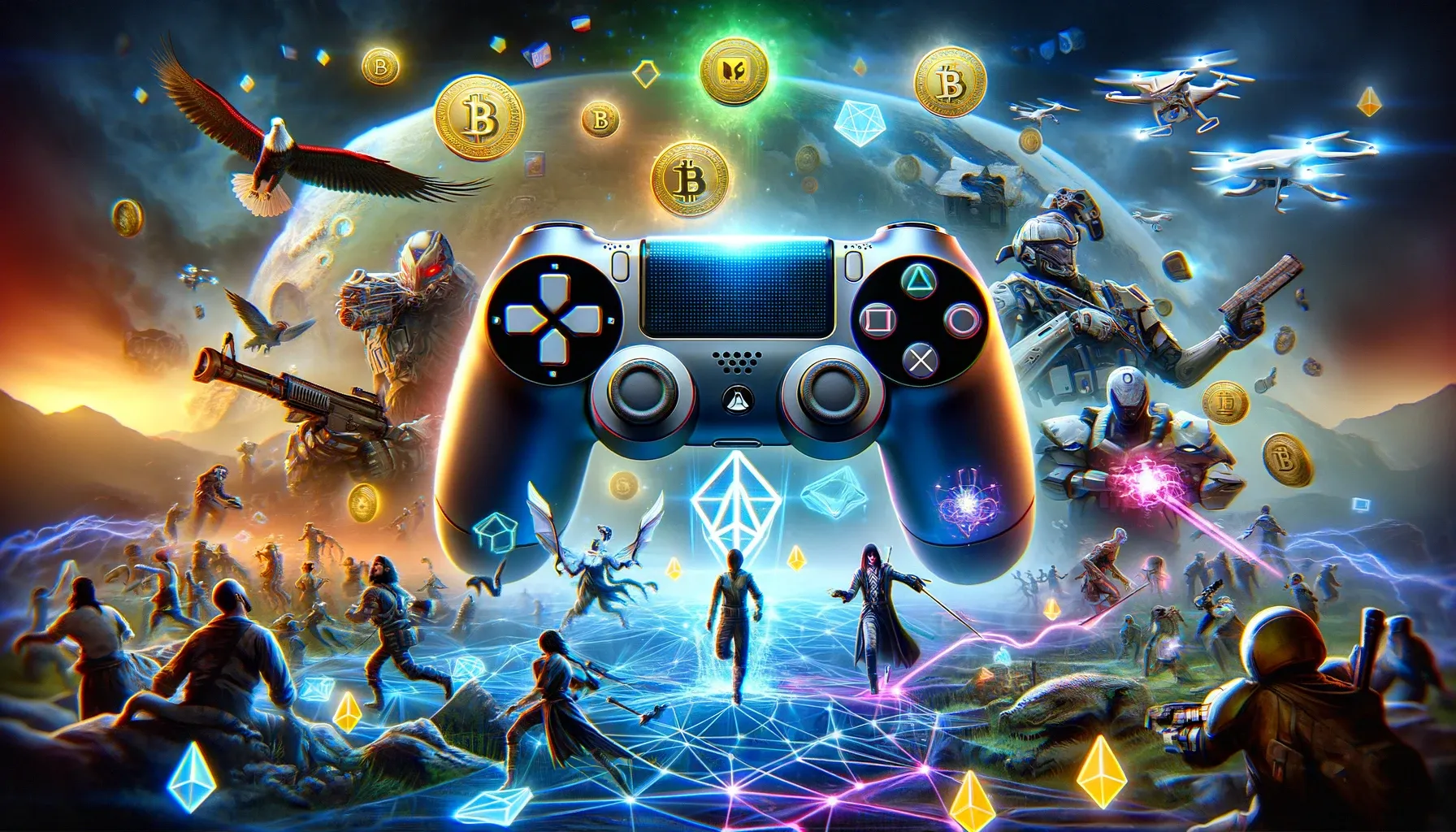Dear Bankless Nation,
Can NFTs and mainstream gaming ever coexist harmoniously?
I think so.
It’ll take some time, but in my opinion a pathway forward is opening.
Let’s talk about what the journey from here may look like for today’s post!
-WMP
An NFT Game Gamers Don’t Hate 👾
Recently, Night Run — a game at the crossroads of NFTs and AI — was rejected by Steam, a popular game distributed platform, over its AI components.
More than a few normie gamers applauded the move. For many of them, there’s no love lost for any project that touches NFTs or AI.
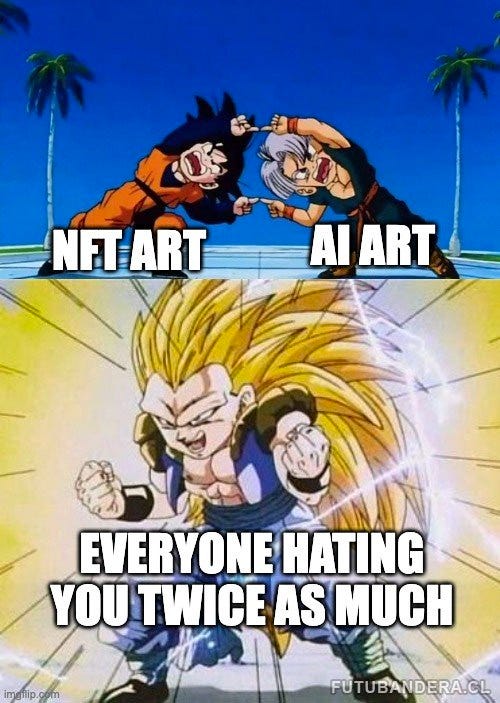
The AI hate is a whole ‘nother can of worms, but relates to the perception that AI plagiarizes humans.
As for NFTs, though, in my experience hate from mainstream gamers stems from two main things: their view that NFTs are killing the environment (misdirected from Bitcoin hate and ignorant, as Ethereum now uses very little energy thanks to proof-of-stake) and their view that NFTs are only the tech of greedy grifters (courtesy of only giving credence to scam news and not earnest projects).
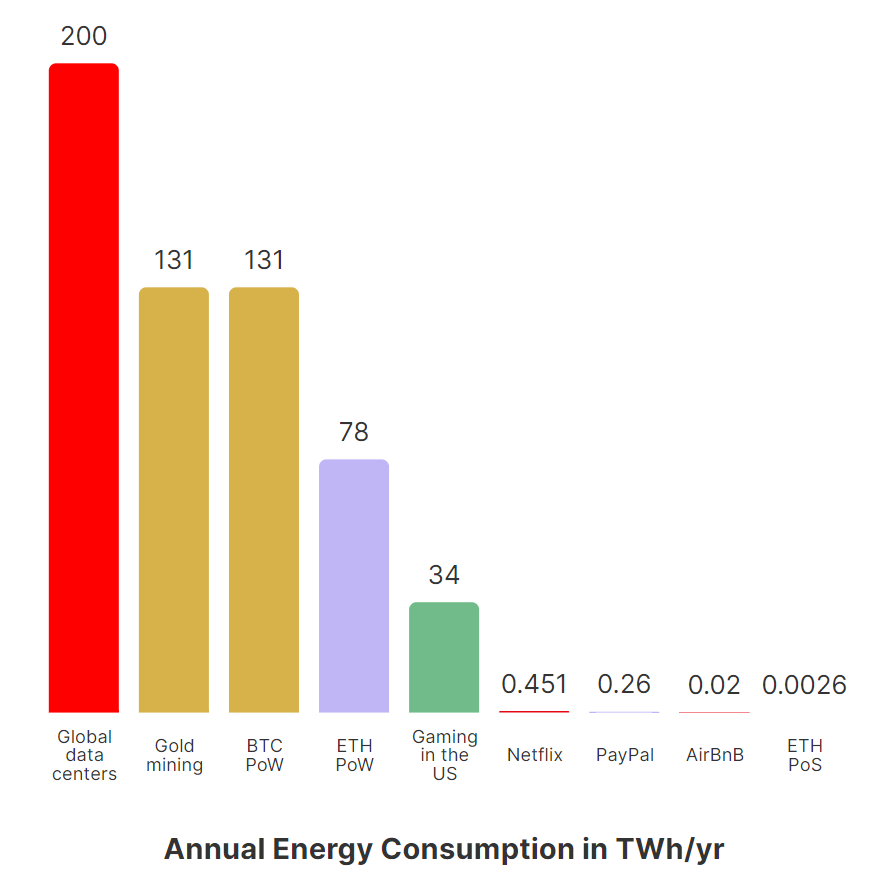
In any case, Night Run’s rejection from Steam has since kicked up a wave of soul-searching discussions around the NFT gaming scene. For instance, Coin Center’s Neeraj Agrawal just asked: what would it take to make [an NFT game] that gamers don't hate?
As a lifelong gamer and a veteran NFT adventurer, I find that question to be a really interesting challenge to think through.
Firstly, to be sure, I and many others here think the first main prong is to create a game that abstracts away all the complexities of crypto, NFTs, wallets, etc.
Toward that end, a fantastic new resource for web3 game devs is ERC-4337, an “Account Abstraction” system.
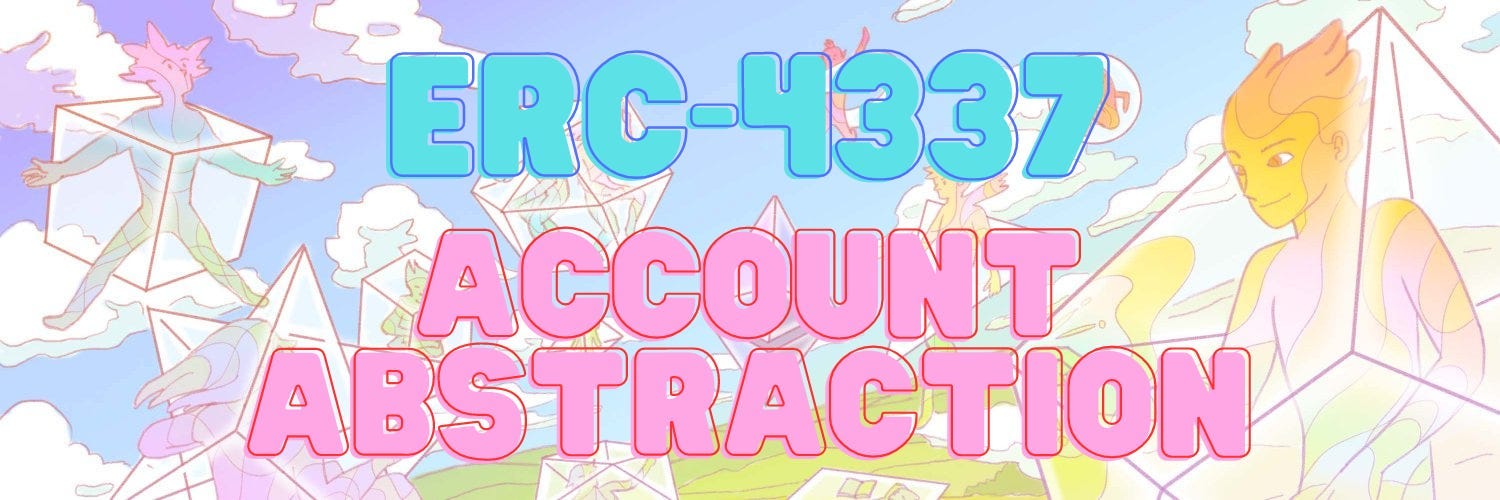
The introduction of ERC-4337 can play a pivotal role in the rise of web3 games, as it allows devs to build smoother user experiences. This is crucial here, since mainstream gamers expect and demand low-friction onboarding and UX.
For example, imagine logging in to a web3 game with an Apple or Google account, rather than navigating the intricacies of a crypto wallet. Transactions can be gasless and bundled under the hood, so you don’t even have to know there’s a “wallet” being used at all. Customizable permissions prevent theft, and session keys pave the way to seamless pre-approved UX possibilities.
Beyond the powers of account abstraction, another way to make an NFT game that mainstream gamers don’t hate is to de-emphasize NFTs and make them optional within the gameplay.
In other words, don’t make an “NFT game” or “crypto game” — instead make a good, fun, balanced game in general that uses web3 components as optional player-empowering elements in its wider infra stack.
In this framing, you can see NFTs as just a sort of super loot, i.e. virtual items that are optionally truly ownable by players (via blockchain) rather than siloed to a single game and being ultimately controlled by a single company, e.g. Nintendo.
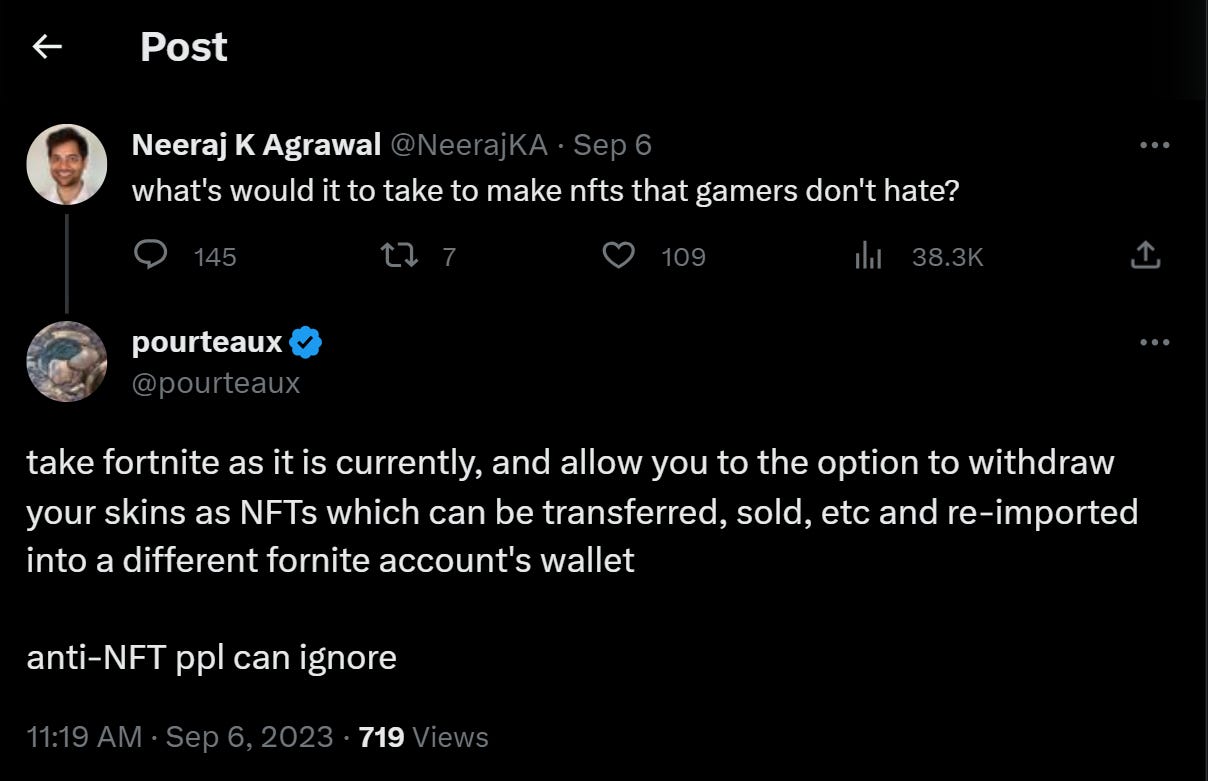
Right now I’m a big player of Overwatch, and I’ve bought, well, at least a few hundred dollars worth of skins for the game so far. I definitely wouldn’t mind being able to floor some of them later, and an open skins marketplace via NFTs would be one way of doing this. It could be an avenue to give more hardcore players more agency, and it doesn’t have to be something casual players ever touch.
For instance, a web3 game could use a Credits + Coin system. Credits would be earnable through gameplay and serve as a free way to unlock loot, while Coins would be the premium in-game currency that’s used to quickly unlock unique skins, emotes, stickers, etc.
The crypto dimensions can be abstracted away, so Coins (e.g. an ERC20 on an L2 or L3) are easily purchasable with traditional payment methods and are just for buying premium aesthetic equipables, which are actually NFTs so that the hardcore players that want to can tap into an open skins marketplace.
Casual players never have to touch the premium currency + super loot, and in the main game all financial and crypto elements could be totally de-emphasized — e.g. no swap UIs!
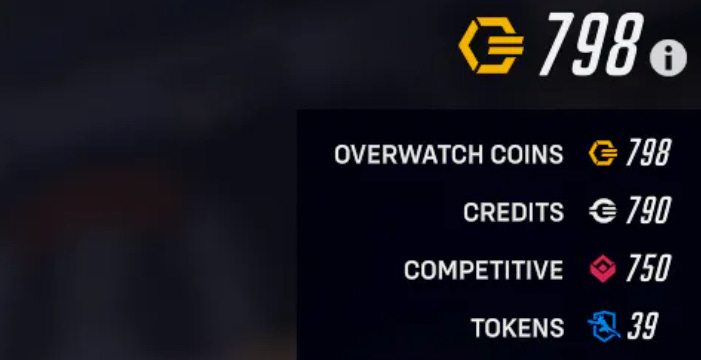
There are other considerations here, like building a mobile game over a console game since the progressive web app (PWA) stack recently showcased by friend.tech offers a promising route to bypass centralized distributors and app stores that can be resolutely anti-NFT. Unless we get a web3 gaming console any time in the near future, mobile seems to be the play right now.
Additionally, there’s obviously a massive opportunity for web3 gaming to fully lean into what mainstream games often don’t, which is User-Generated Content (UCG). Give players the ability to optionally create and resell content like skins, maps, mods, UIs, etc. in a permissionless open economy via NFTs, and incentivize their passion with royalties. This is another way web3 games can push ahead in a compelling, win-win way.
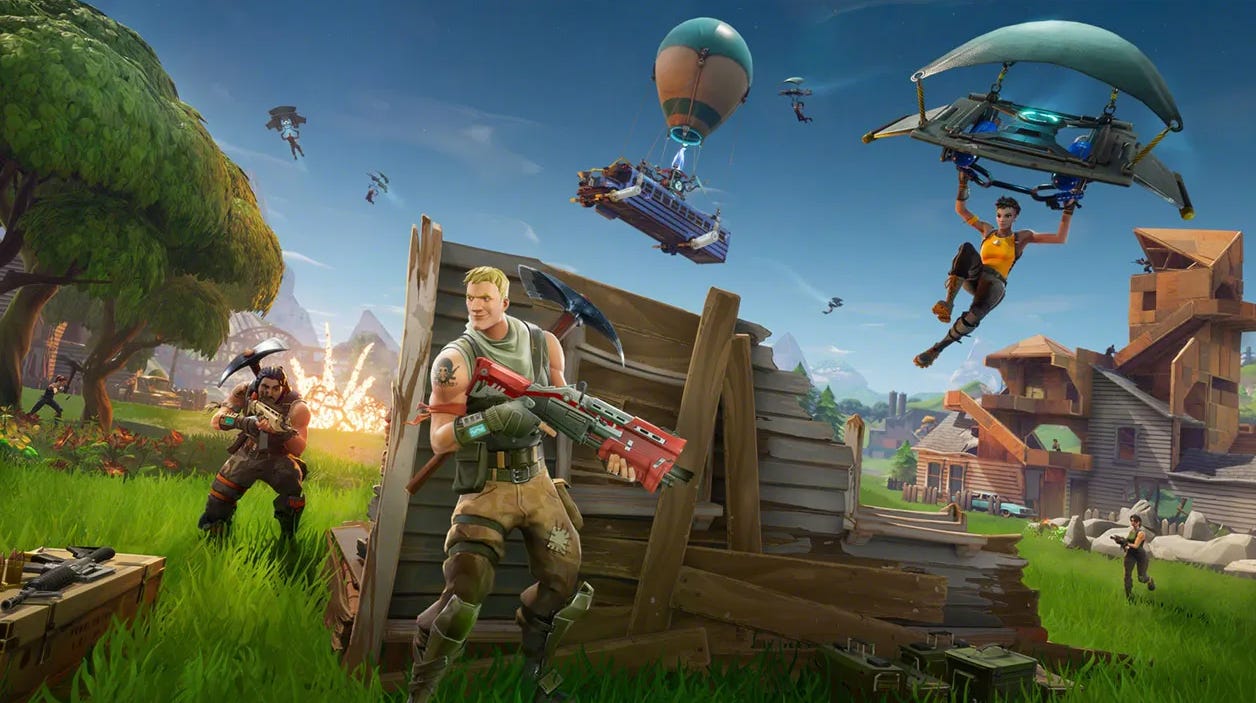
So if we put all these various pieces together into a hypothetical example, what might it look like?
Well imagine a sports-themed game, reminiscent of the "Ultimate Team" format seen in Madden or FIFA. Let's conceptualize it as Dodgeball Ultimate Team Champs, or DUTCH.
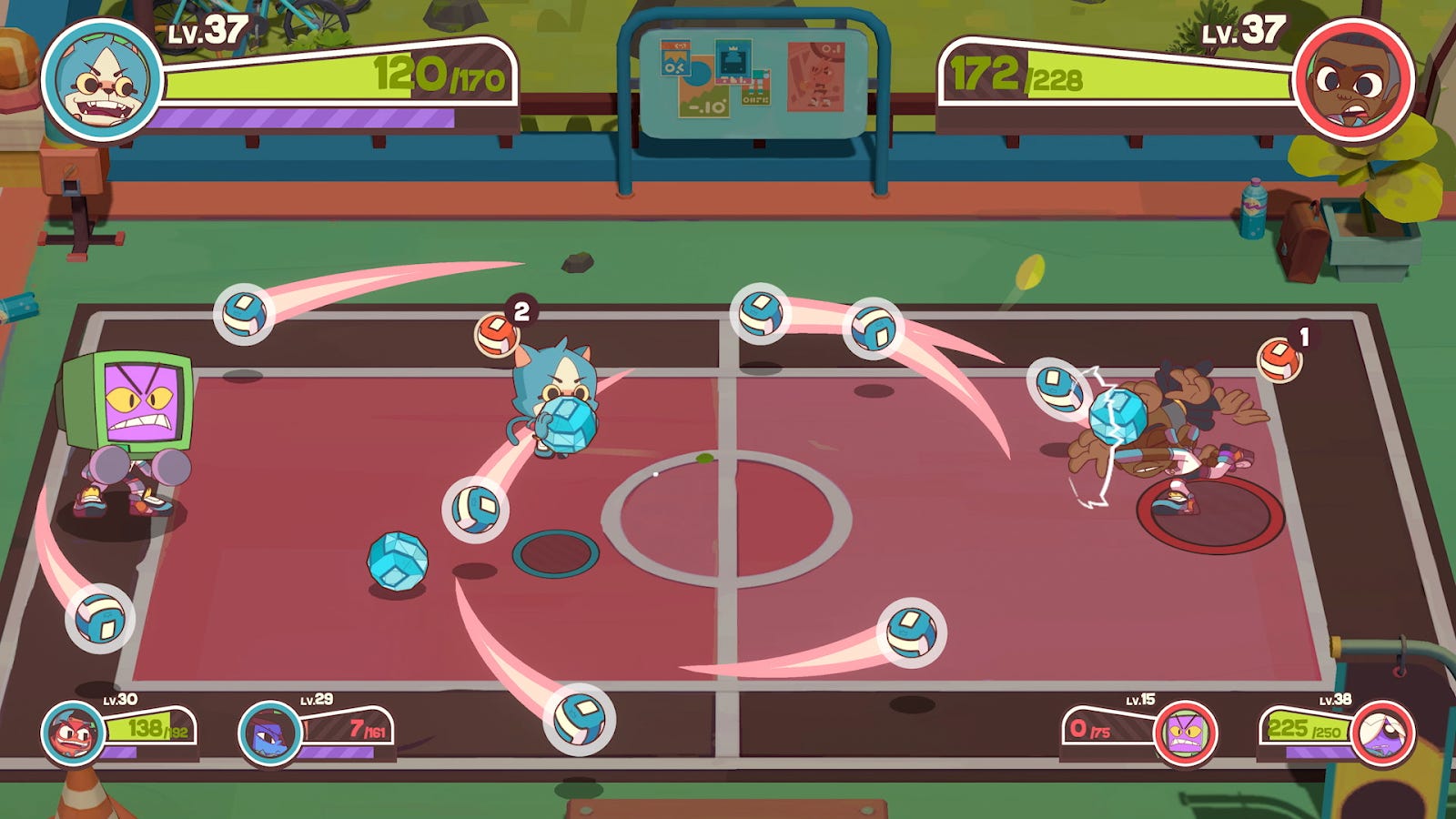
In DUTCH, players would craft their ultimate dodgeball teams with fictional characters, competing in curated or community-driven leagues.
Credits, earned through various gameplay modes, could be used to gain free wearables, while Coins could be bought and spent on premium aesthetic upgrades like uniforms or victory poses.
The game could feature something akin to Madden’s "Auction House" where players can buy and sell their dodgeball characters, and perhaps it could charge a small cut on every resell. Regular online tournaments could offer players a chance to qualify for grander events and win Credit + Coin prizes, while offline player-vs-environment tournaments could serve as practice grounds for earning Credits.
Additionally, DUTCH could empower players to design their own skins, courts, etc., and sell their UCG on the game's native marketplace.
That’s all just a thought experiment, but it could work. The difference between something like DUTCH and Madden is that in DUTCH you can optionally own your super loot and premium currency instead of EA Sports ultimately having total control over your gaming assets and profiting totally from your time and content.
Considering the immense popularity of mainstream games like Counter Strike and their thriving virtual economies, it's evident that gamers are open to virtual economies. The key is ensuring that these economies aren't the sole focus but rather emerge usefully and in balanced fashion from a well-designed game!
